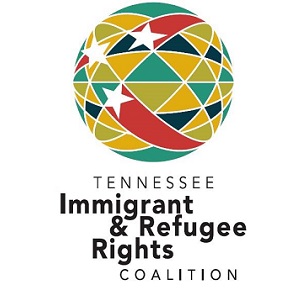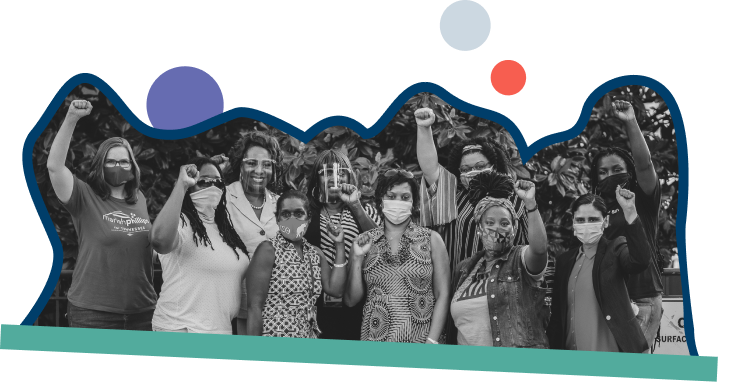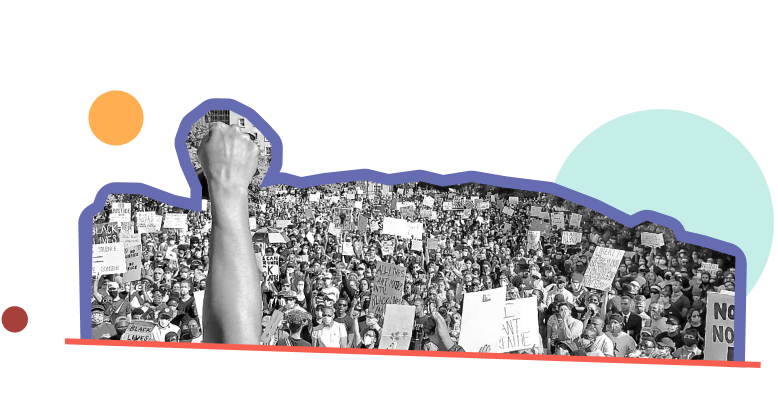Stand Up Nashville
Corporate, labor, and land issues are clearly interlinked when it comes to urban development, and under the leadership of Odessa Kelly, Stand Up Nashville (SUN) has connected the dots both in how they organize and how they win.
The members of SUN represent communities affected deeply by the inequality entrenched in the region — including the Central Labor Council of Nashville and Middle Tennessee (CLC), multi-racial faith-led Nashville Organized for Action and Hope (NOAH), LiUNA Southeast Laborers, International Union of Painters and Allied Trades (IUPAT) One Union, and SEIU Local 205.
In the years prior to the official formation of SUN, the groups represented had ramped up efforts to organize across labor, faith-based, and community organizations. NOAH was founded in 2014, and currently holds more than 40 faith groups and local unions, and began work on issues of affordable housing, policing, and economic justice. During that time, a group of new leaders came up through the Amalgamated Transit Union, growing 36% and closing fast on organizing the number of eligible transit workers. SUN’s leadership brought together this growing energy and focused it on the critical issues of development linking issues of housing, working conditions, and more.


Among their first major public victories, SUN organizers helped craft and win the “Do Better Bill” in 2017 to challenge the trend of corporate giveaways and the use of contractors with dangerous, exploitative labor conditions. The Bill sought transparency in the distribution of “incentive grants” and payment-in-lieu of taxes (PILOT) breaks. The final law requires that companies reveal the type and number of jobs to be created by incoming companies; a workforce plan for recruitment, hiring, wages and temporary and permanent staffing; and wage and safety violations.
An opportunity for SUN and its diverse network to put Do Better into practice came soon thereafter, in the struggle to challenge the Amazon HQ2 subsidies and potential move to Nashville, and to force transparency in the massive giveaways promised to the corporation. It even found unlikely allies in libertarian groups who questioned the free-market rationale of giving large companies money to make moves (research shows) they would likely do anyways. While a $17.5 million tax incentive was ultimately approved, the Metro Council did start working on legislation to limit companies from simultaneously using tax incentives from the state and locality (“double-dipping”), and the conversation on corporate giveaways is still active.
The Equity Alliance
The Equity Alliance (TEA) represents another central axis of community power-building for workers and those excluded from the economy. Like Stand Up Nashville, it has experienced a meteoric growth in a short time period – exhibiting both the tenacity of its leadership and the significant need it filled. Founded by six Southern Black women, convened by Charlane Oliver and Tequila Johnson, they pooled what small amount of resources they could bring together in 2017. Motivated by the histories of civil rights activism and the continued exclusion Black communities faced that they had seen and lived first-hand, they rapidly built an organization that registered 91,000 voters of color before the 2018 midterms.
TEA and other groups’ successful work spurred new attempts at voter repression as part of a 2019 bill that sought to drastically reduce the avenues for voter registration drives, imposing civil and criminal penalties. While it passed, it was later ruled invalid and suppressive by the federal courts, and repealed by lawmakers in 2020. TEA’s work did not waver, and by summer 2020 they had registered more than 250,000 people.


When the federal CARES Act funding was scheduled to be released, TEA developed a rapid research project (financially backed by the Mayor’s office), Our Fair Share Nashville Needs Assessment. TEA wanted to assure that the hardest-hit Black, Latinx, unhoused, and minority small business owners were heard in the distribution of these much needed relief funds.
In an unprecedented 65 days, they reached 8,505 survey responses (272% of their goal), engaging with 107 community partners and including 1,756 door-to-door field survey responses. The survey showed the disproportionate impact of the pandemic, with 54% of Latinx and 45% of Black workers still needing to report to work, and the highest need for financial, rent and food assistance in the 12 most diverse, less-resourced neighborhoods. The survey spurred new rounds of organizing and significantly shaped the release of funds towards the needs most expressed: $10 million for mortgage/rent/utility assistance, $2 million to address food insecurity, and $5.7 million for small business relief (30% of which earmarked specifically for minority business owners).
The strategy and win also embodied the nuanced inside-outside strategy that SUN and TEA has led, building a solid base of community support that protests and applies pressure when needed, while also developing partnerships with administrators and officials in office and providing them much-needed insight from the community.
Today, political voting patterns show a population that leans more “blue,” especially considered relative to the rest of the state. But blue can often mean a much more corporate, liberal agenda versus equity or racial justice — and the voices of a wide range of Black, migrant and other non-white residents have been left out. It has not always translated (at all) into a unified agenda of policy serving marginalized communities. The Equity Alliance (TEA), Stand Up Nashville (SUN), Central Labor Council of Nashville and Middle Tennessee (CLC), and other affiliated groups have redefined this agenda — from helping push an agenda of transparency and responsiveness in development, to advancing a platform of good jobs and ensuring that an analysis of racial equity shapes the distribution of services.
At the statewide level, Tennessee Immigrant and Refugee Rights Coalition (TIRRC) has mobilized and helped immigrants complete naturalization paperwork, register, and get active in issues of immigrant rights (including both defense against ICE raids), including in Muslim and Arab communities in Middle TN’s Murfreesboro.
Relatedly, also at the state scale, the historic Highlander Research and Education Center, formerly known as the Highlander Folk School, has also continued to play a key role as a training and education center on social justice and community organizing, including advancing new visions of transformative justice and a solidarity economy.
Grassroot organizations we’ve partnered with
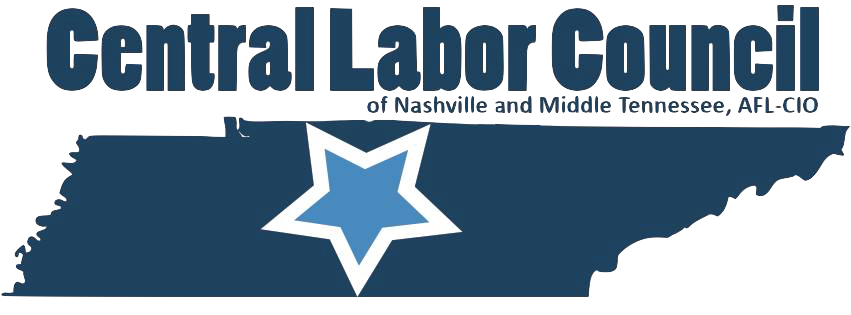
Central Labor Council of Nashville and Middle Tennessee
View website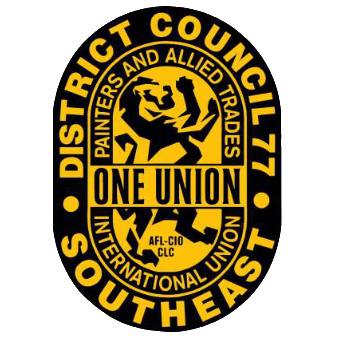
IUPAT District Council 77
View website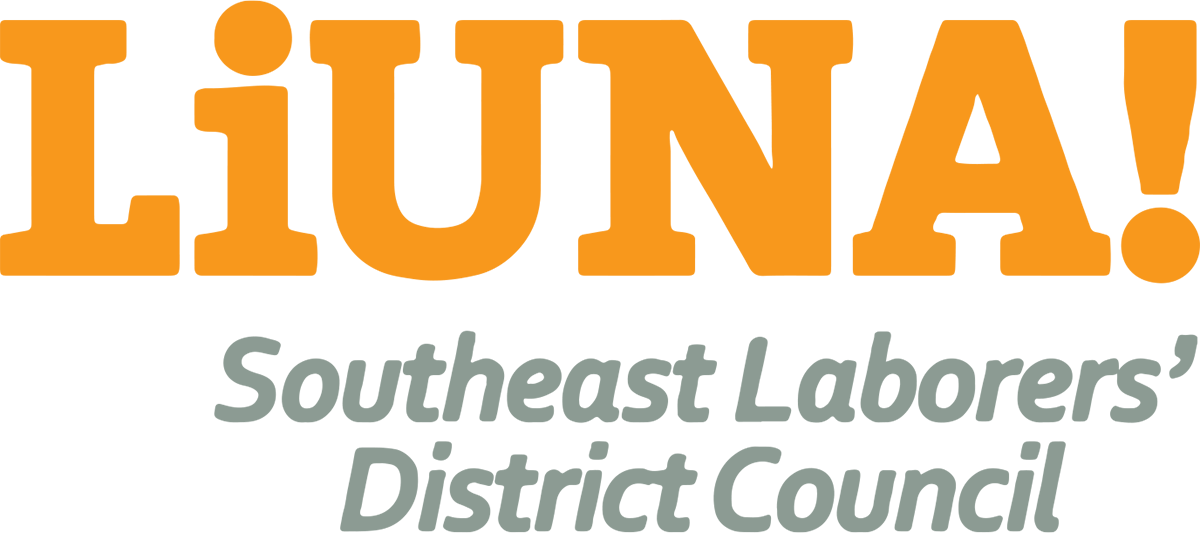
LiUNA Southeast Laborers
View website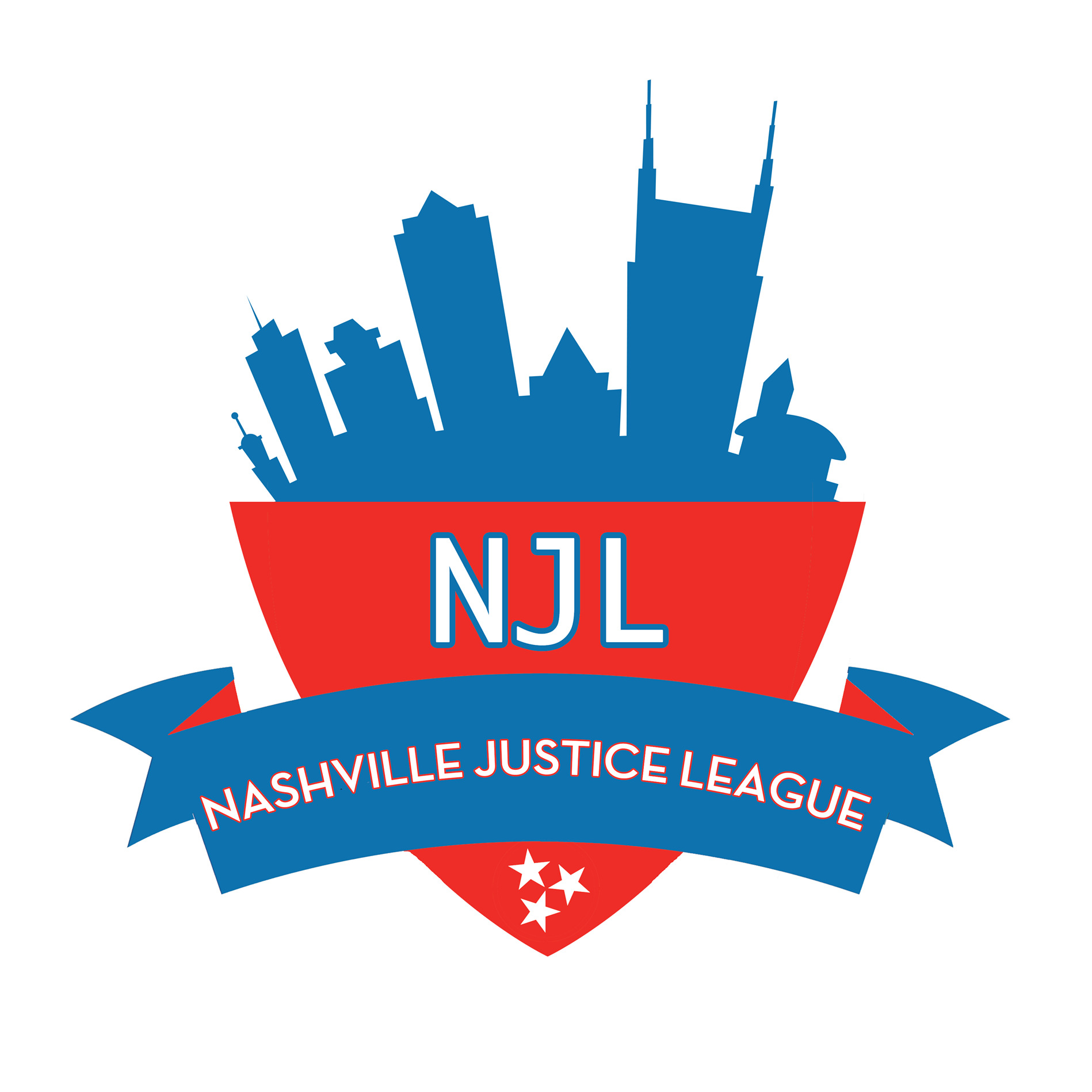
Nashville Justice League PAC
View website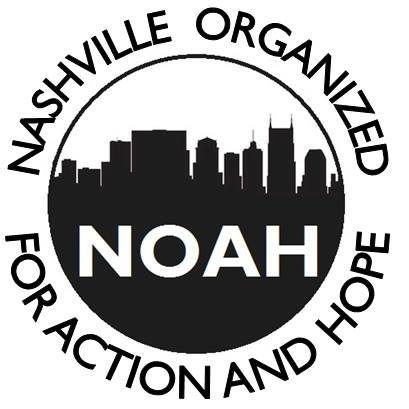
Nashville Organized for Action and Hope
View website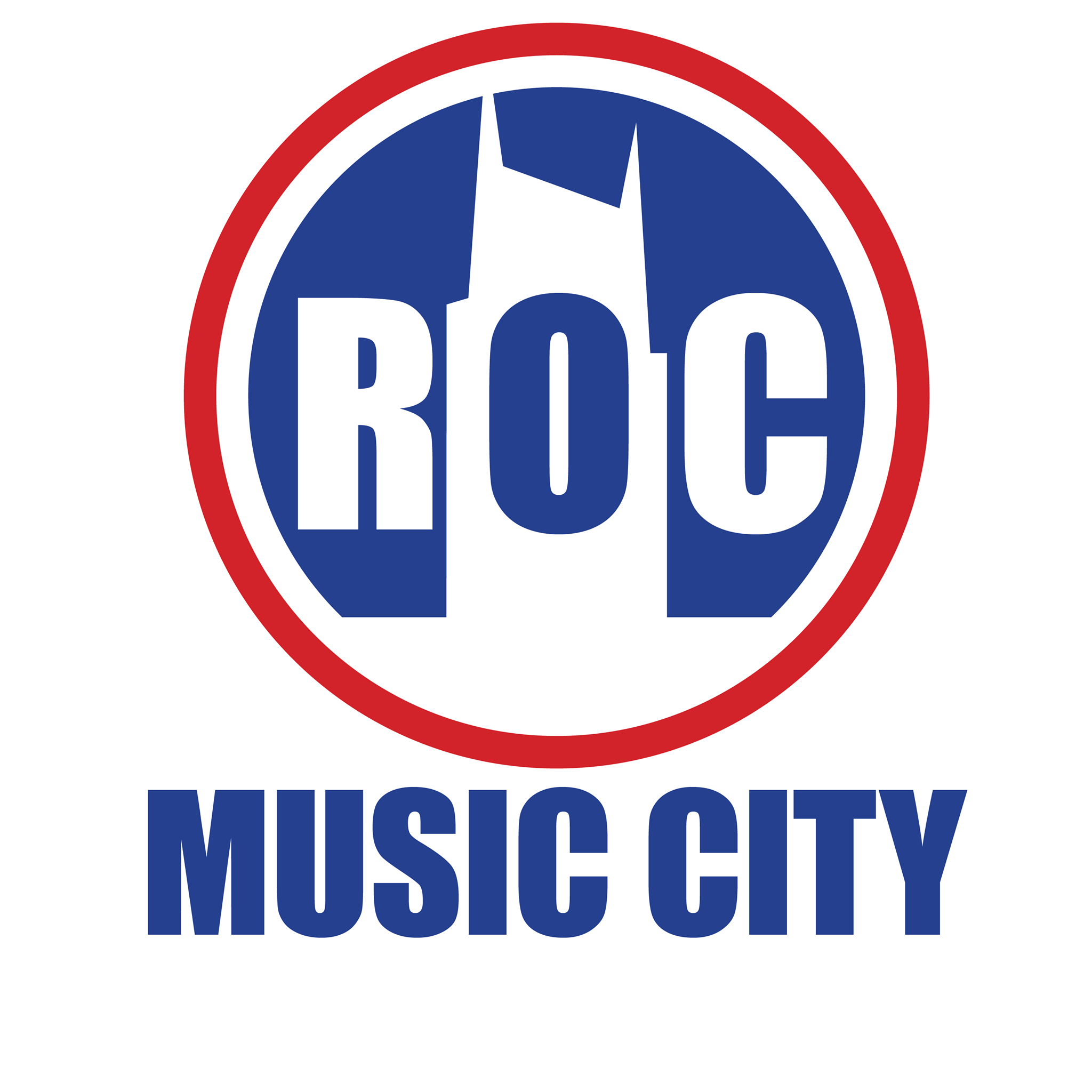
Restaurant Opportunity Center
View website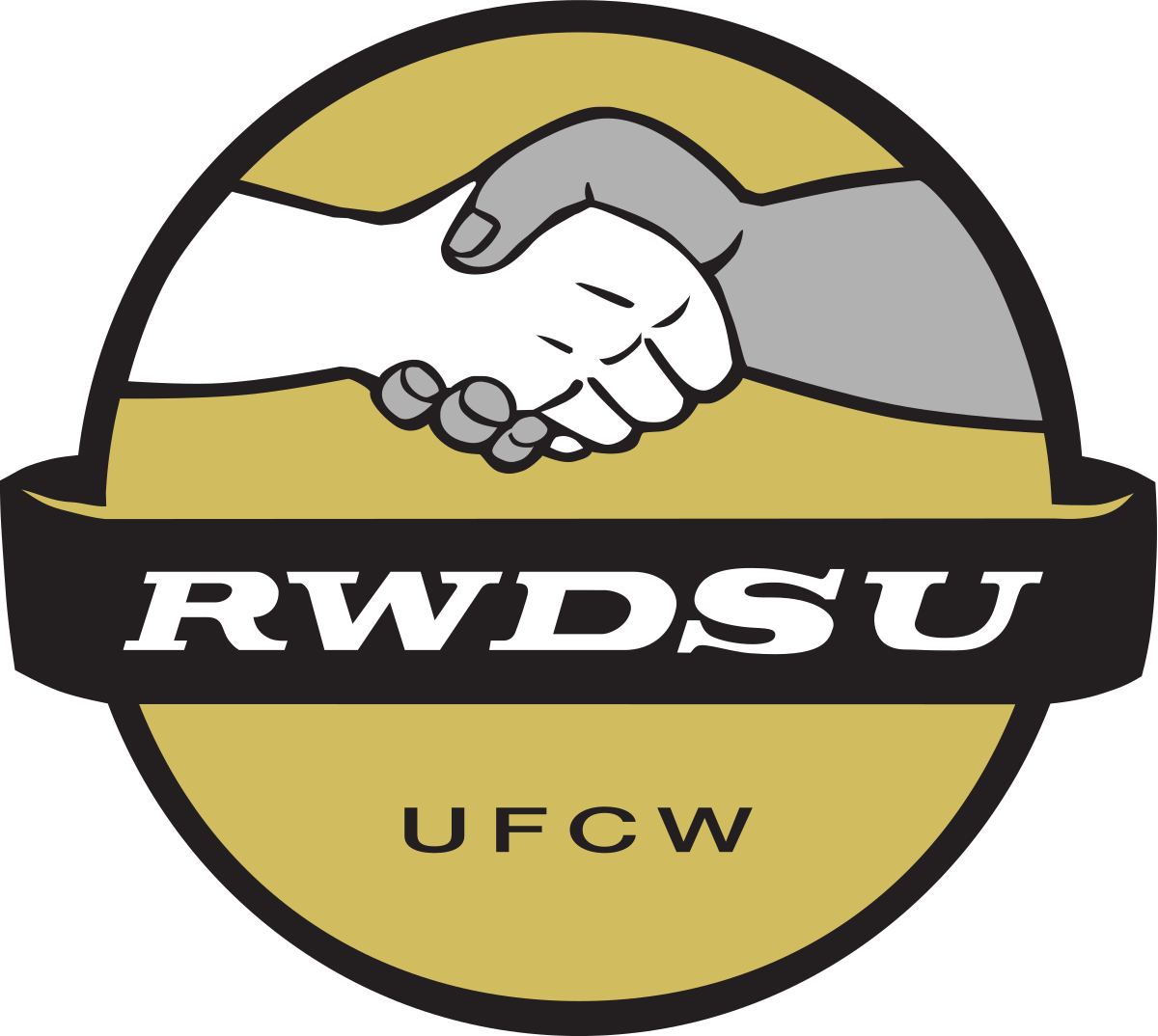
Retail, Wholesale and Department Store Union (RWDSU)
View website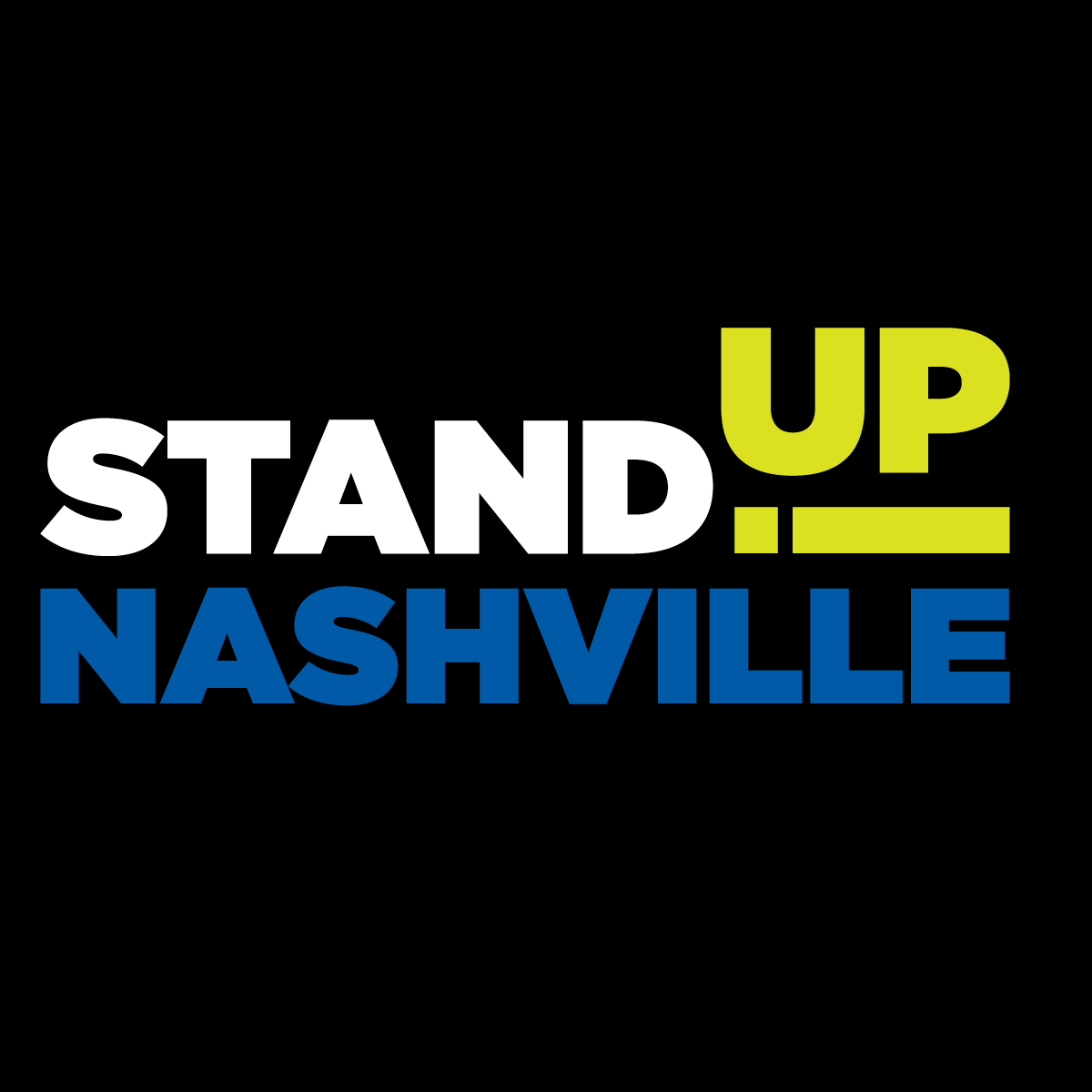
Stand Up Nashville (SUN)
View website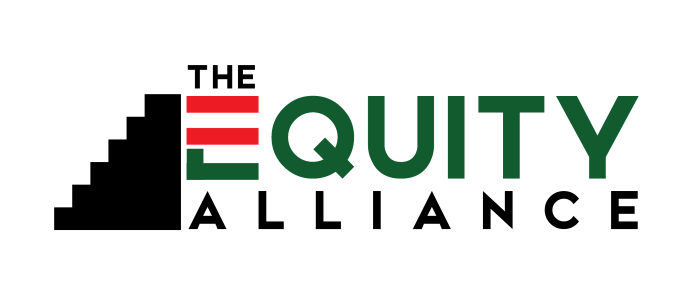
The Equity Alliance (TEA)
View website
Highlander Research and Education Center
View website